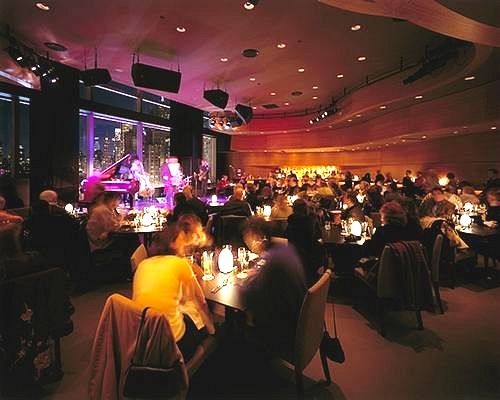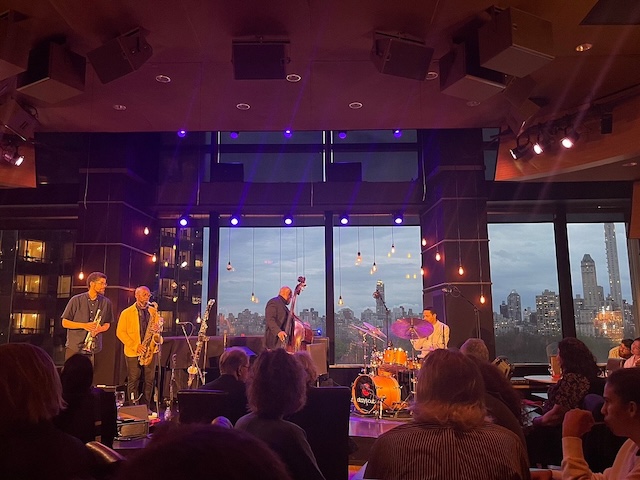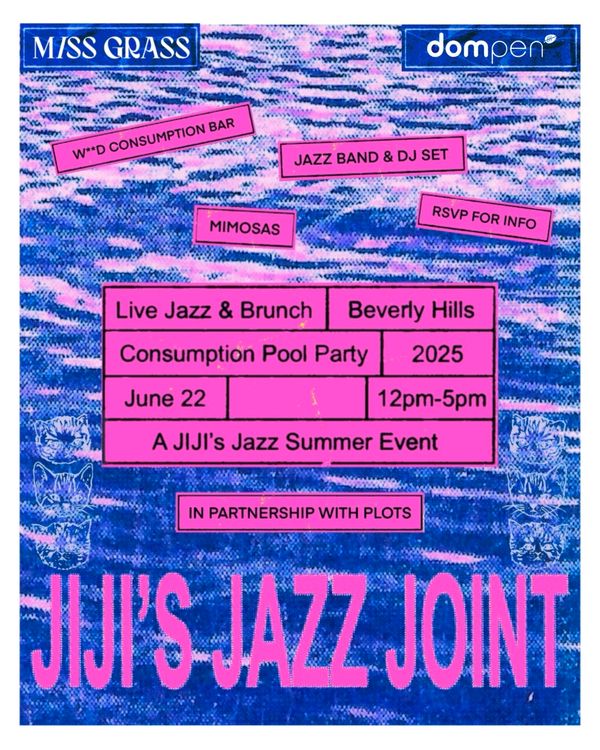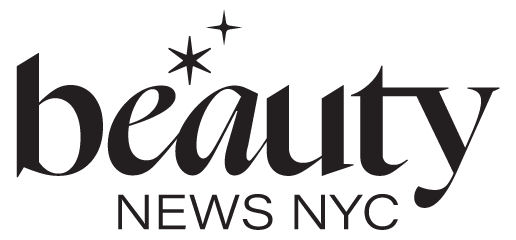On the last Wednesday of every month, Resident DTLA transforms into JiJi’s Jazz Club. The evening is more than a concert: it’s a showcase of up-and-coming jazz and R&B artists, alongside a lively outdoor market of visual art and food vendors.

I usually come here with my best friend. She’s been my security blanket since I moved to LA. But tonight, I’m alone. She has to work late, and I need interviews. I don’t mind going solo — except for the occasional glass of wine at my local patio bar with my dog, or odd movie, I rarely do. Still, this feels different, maybe because I know it will be packed with people my age.
Inside, the room hums with energy. Pink lights bathe the stage, draped with white fabric and paper stars, while the young crowd sways shoulder-to-shoulder. The singer’s voice is dreamy and lithe, filling the space with ease. Her band plays with reverence, exchanging glances that make their admiration for one another almost tangible.

Outside, the music drifts into the night air, mingling with the buzz of conversation. Groups swirl past vendor tables, pausing to sample food or flip through zines.
By the entrance, a crowd forms around tattoo artist Alice (@ser0tonink). Smearing on an herby blue paste—Thai bug repellent, she explains—she juggles her flash designs, a sign-in sheet, and conversation. “As long as it’s quick,” she grins when I ask for an interview. It’s her third time at JiJi’s. She calls the scene “grassroots…electric.” Alice was a last-minute addition after another artist dropped out, but you’d never know it. Her display is polished, her flash crisp and clean. She’s only been tattooing ten months, after a friend encouraged her to apprentice. What keeps her coming back? “Everyone is very present,” she says. “Everyone here has been nothing but nice.”

Nearby, food vendors Jerry Nosvaroth and Chastity Vasconez are riding the same current. Their brand, Pa Fah (@pafahla,) debuted chicken skewers tonight—gone in under two hours. Mango sticky rice and papaya salad remain bestsellers. “It’s funny,” Chastity laughs, “because Tida—the organizer—has a song about mango.” Jerry traces their venture back to 2022, when his mom began vending in Thai Town. He and Chastity have since expanded, drawing inspiration from Lao and Thai traditions. JiJi’s, they say, has given them more than customers. “It’s a younger crowd, but respectful and chill,” Jerry tells me. “It is a wonderful exchange of community and business,” I agree.
Toward the back, Kat (@kkatdawg), an artist who runs a zine and sticker shop, arranges her table. She’s long been part of LA Zine Fest, but in recent months JiJi’s has become her home base. Looking out over the eclectic outfits, she says, “Everyone is super welcoming and sweet. It feels like a third space. Nobody’s trying to look the same—everyone’s doing their own thing, much like jazz.”
Her observation rings true. The crowd isn’t uniform; it’s a living collage of styles, ideas, and identities. Almost everyone seems to be an artist—musicians, painters, writers. People smoke, talk, laugh, listen, and build micro-economies together. JiJi’s is the mythical third space of 2025: open, porous, alive. Here, people tap into a social flow state that can feel elusive elsewhere.
And then there’s Alina. She doesn’t simply enter the room—she shimmers into it. At 21, she’s radiant in a rhinestone-studded pink set that could belong to a belly dancer. Her hair is threaded with flowers and elaborate twists; her eye makeup catches the stage lights. A psychic, she tells me, predicted something significant would happen tonight. After moving to Los Angeles alone at 18, fashion became her anchor. “The process of getting ready, in the mirror — I left everything behind, but fashion was always important,” she says. “The one thing that felt consistent was the art of getting ready.”

There’s that word again: alone. Even on the best nights, and in a room pulsing with connection, it hovers at the edges of conversations, and even in my own thoughts. Maybe that’s why spaces like this matter: they take what is usually private, even isolating, and dissolve it into the collective energy of music, art, and presence.

Alina, Kat, and the other’s words, like the night itself, capture what makes JiJi’s more than a venue. It’s a constellation of tattoos, zines, food, fashion, and jazz, each orbiting the others in rhythm. The effect is both electric and tender, a place where individuality doesn’t just fit in but thrives. In solitude or togetherness, JiJi’s reminds us that connection is always waiting—sometimes it just takes the right space to find it.


